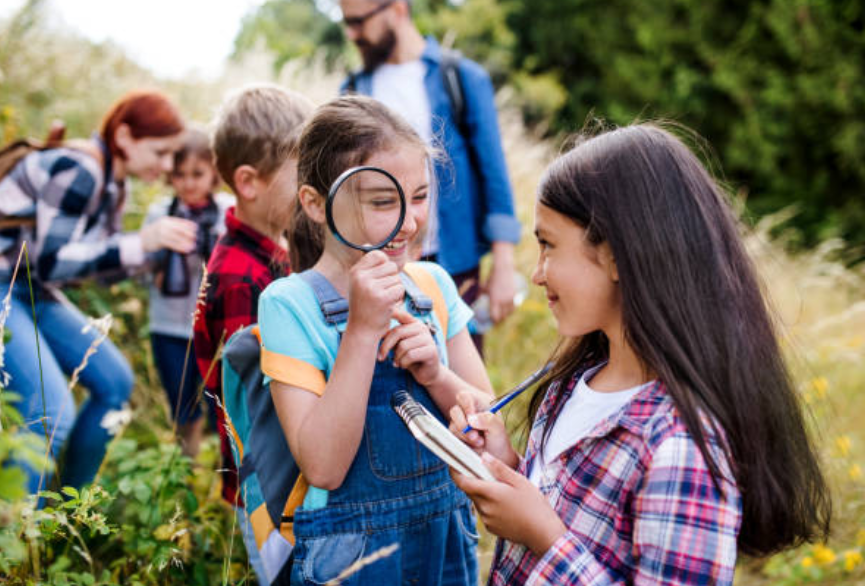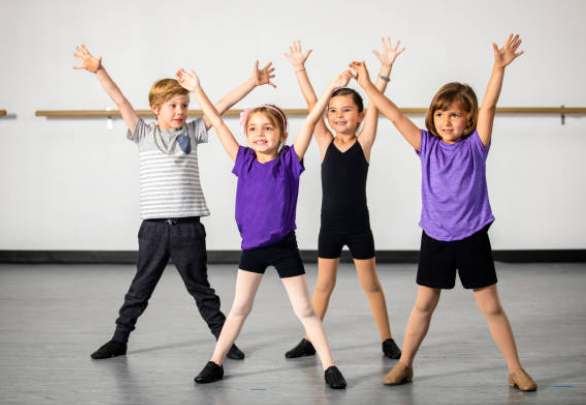
Hybridizing Outdoor Adventure Education and Cooperative Learning in physical education. Students and teachers’ views
The goal of the study was to assess the effects of two instructional frameworks (Cooperative Learning/Outdoor Adventure Education hybridization and Direct Instruction) on students’ motivation and disruptive behaviours and explore students and teachers’ views on hybridization. The participants were 170 high school students randomly distributed into an Experimental (hybridization) and a Comparison Group, and their two teachers. A quasi-experimental study and a mixed quantitative-qualitative approach were followed. Those who experienced the hybridization showed significantly higher intrinsic motivation and lower disruptive behaviours. The analysis of teachers and students’ responses produced four positive themes (enjoyment, autonomy, novelty, motivation), one negative (workload), and other mixing different feelings (uncertainty, relatedness, learning). Orienteering lessons were found capable of impacting positively on students. All students felt fully integrated into the class, promoting both models (Adventure Education and Cooperative Learning) and the content implemented (Orienteering) a shift in social hierarchies and equality among boys and girls.
También te puede interesar
Effects of 6 Weeks Direct Instruction and Teaching Games for Understanding Programs on Physical Activity and Tactical Behaviour in U-12 Soccer Players
The purpose of this study was to compare the effects of 6 weeks direct instruction and teaching game
Gamificando “El Alquimista”, una intervención para educar en valores a jóvenes adolescentes.
El objetivo del presente estudio es describir una intervención educativa basada en el juego y gamif
Creativity Through Embodied Movement in Expressive Activities: Conceptualising a New Pedagogical Model
This work aimed to outline the first stages for the development of a pedagogical model for teaching-



Publica un comentario